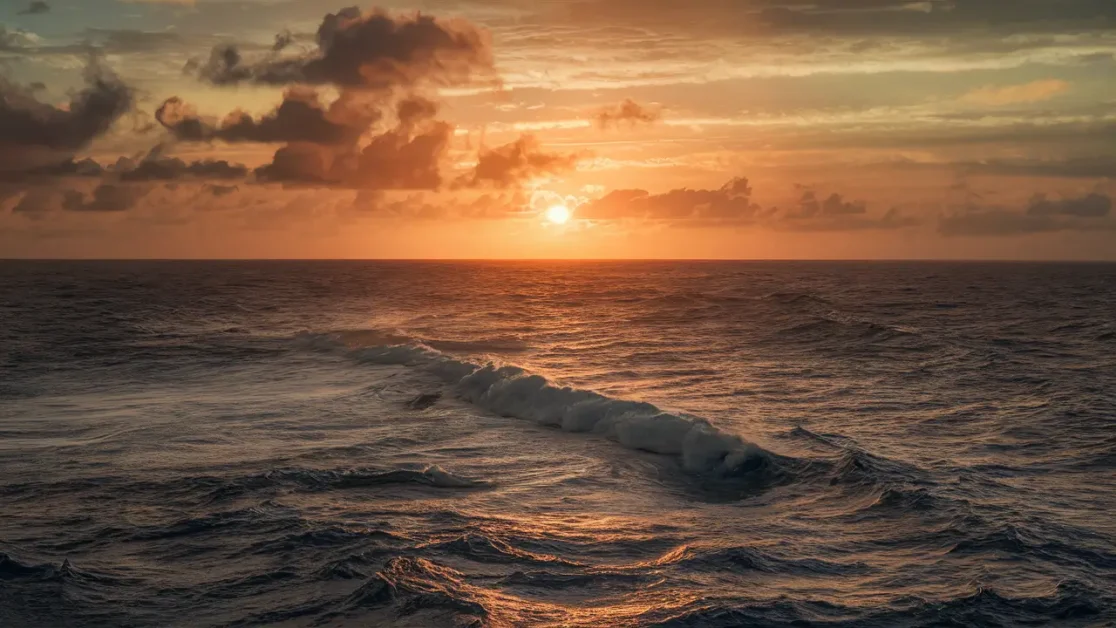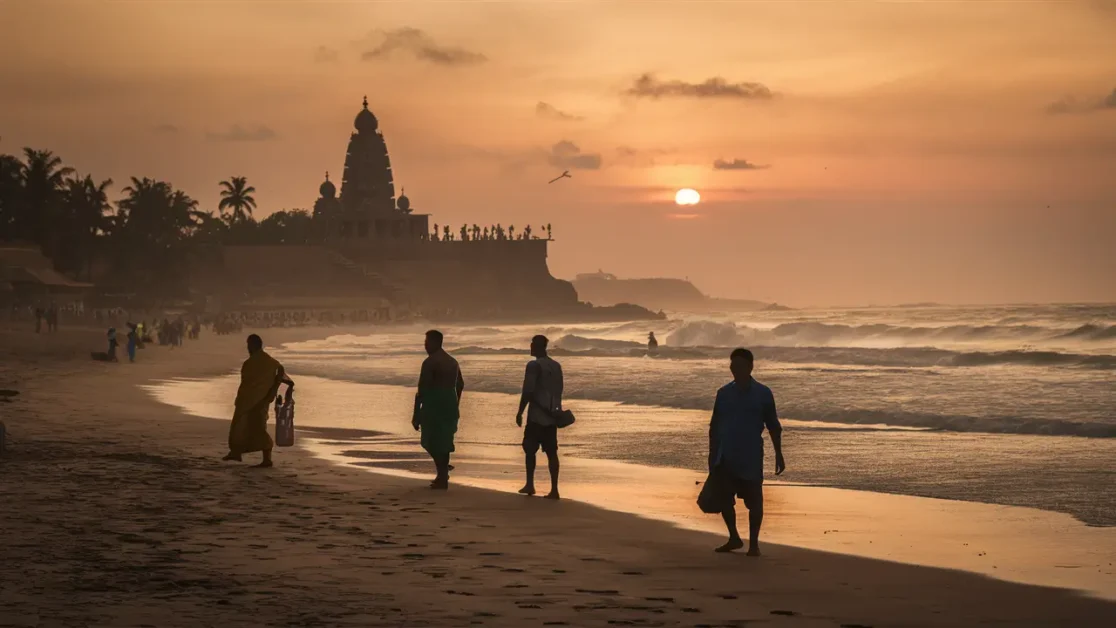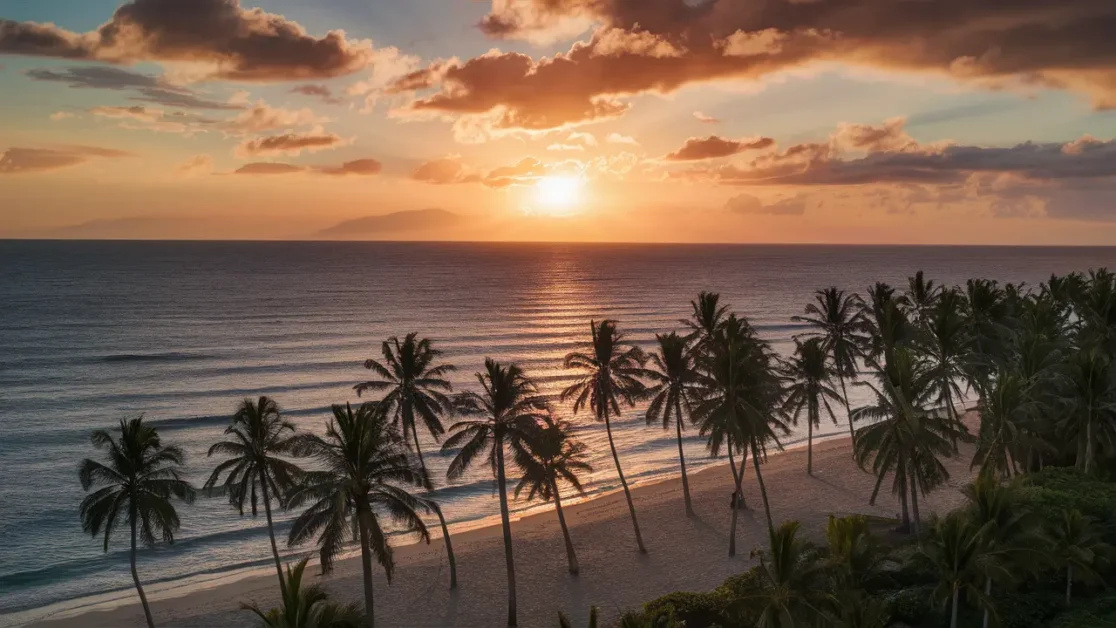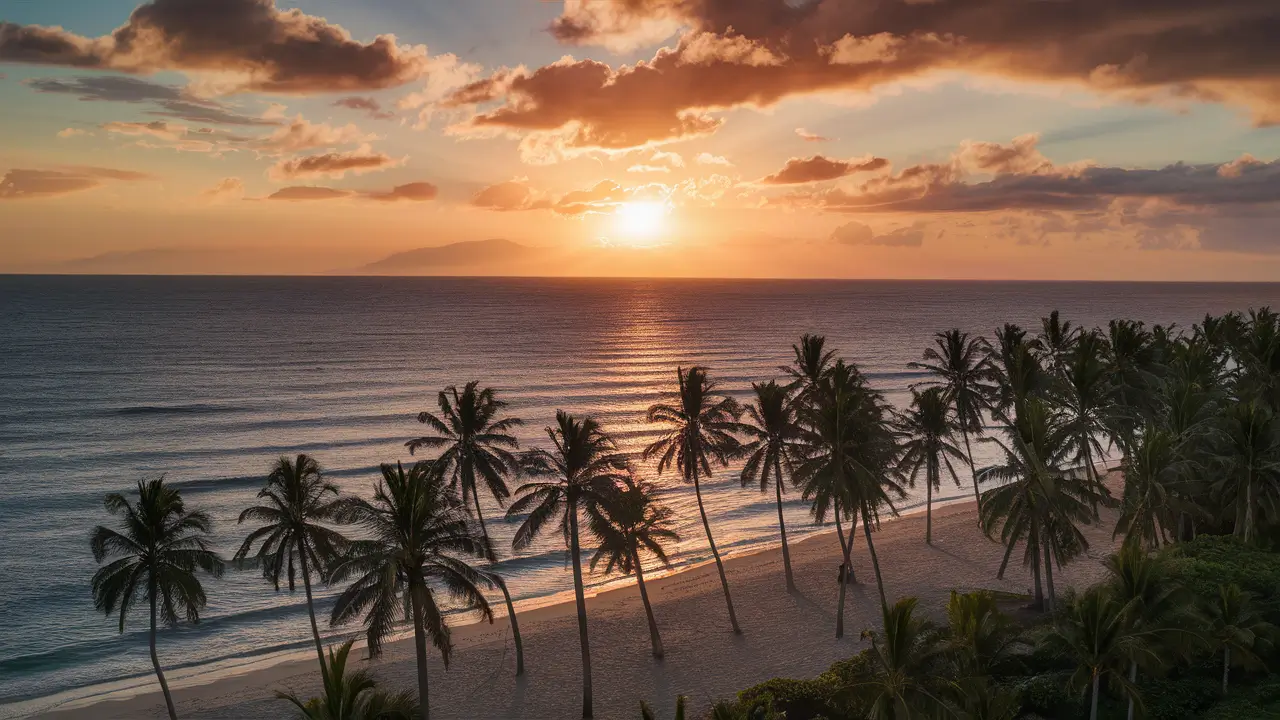Visiting Indian beaches? Know what to avoid. This ensures safety, respect, and eco-friendliness. Don’t litter. Respect local customs and wildlife.
This keeps beaches beautiful for future generations. Always follow safety guidelines. Use reef-safe sunscreen.
Be mindful of the environment and cultural norms. Avoiding certain actions helps conserve marine life, supports communities, and keeps you safe.
Why Should You Avoid Littering on Indian Beaches?

Littering is a major problem caused by tourists, especially on Indian beaches. These beaches struggle with waste management. Leaving trash harms the local ecosystem and marine conservation in India.
Always carry a reusable bag for your trash until you find a bin. Popular eco-tourism spots in India, like Kovalam and Varkala, now have strict waste rules.
Did you know? Some coastal areas in India are adopting sustainable tourism. For example, they’re promoting cleanliness campaigns and plastic-free beaches.
Help keep our beaches clean! Please carry a bag for your waste and dispose of it in the correct manner. This supports beach conservation in India.

Why You Should Avoid Disturbing Wildlife on Indian Beaches
Indian coastal areas, like Odisha, host diverse marine life, including endangered sea turtles. Nesting season is crucial for their protection. Disturbing these creatures can lead to severe penalties and break wildlife laws.
So, keep a safe distance, especially during nesting season. In Odisha and Maharashtra, sea turtle conservation efforts are key. Tourists should support these initiatives. If you’re keen on marine life, join beach cleanups or eco-tours.
They aid in conservation. For more on the coastal ecosystem, check out our article on Indian beaches.
People Also Ask:
No, it’s best to watch wildlife from a distance. Don’t disturb their habitat.
Disturbing turtles can disrupt their nesting. It may result in fines under wildlife protection laws.

Drug Use and Public Intoxication
Drinking alcohol or taking drugs on the beaches is not only forbidden in most regions, it is also suicidal.
This can lead to accidents or drowning and contributes to a bad tone in families and other special occasions that warrant a visit to such places.
The state of Goa, which is known for its beach parties, has reported several cases of drug and alcohol use.
It is worth noting that the state government is cracking the whip on these activities by imposing fines and making arrests to ensure safety for all.
From my own experience, I can say that the issue of pioneer control is quite evident, especially when I observe the radius of the beach affected by public customers under the influence of various substances that cause discomfort and health risks to other beachgoers.
Enjoy the beach sober. Abide by the laws of the host country and refrain from using products that could slow down your thinking.

Why Should You Respect Local Customs on Indian Beaches?
Indian beach towns often sit near religious sites or traditional communities. Here, local customs can dictate behavior and dress.
For instance, Goa’s beaches are more relaxed. In contrast, Odisha or Kerala’s rural beaches have stricter expectations.
Being aware of these norms helps you fit in and avoid unwanted attention. Always check local customs and carry a sarong or scarf to ensure modest beachwear.
Curious about what Indian beaches are like? Check out “What Do Indian Beaches Look Like” to get a glimpse of different coastal areas.

What Are the Dangers of Ignoring Beach Warnings in India?
Ignoring safety rules during monsoon season can be dangerous. Strong currents make many Indian beaches risky for swimming.
Not following local rules, like swimming in banned areas, can cause accidents. Always swim where permitted and ask lifeguards about safe conditions.
Be extra careful on beaches like Anjuna or Palolem in Goa during monsoon season.While at Anjuna Beach, I saw a tourist ignore a red flag and get caught in a riptide.
The beach security team acted with great speed. But, it could have resulted in a negative outcome.
Planning a trip during the rainy season? Read more about When It’s Rainy at Indian Beaches to stay safe and informed.
Unauthorized Photography

Photographing people or places surreptitiously without their consent may constitute an invasion of the privacy of others, including locals and other tourists.
However, in some regions, photography is not allowed, especially in areas designated as security zones or near military barracks or posts.
On some Thai beaches located near strategic points such as temples, signs have been posted prohibiting photography.
Failure to comply with these notices can result in fines or other legal consequences.
I once had an embarrassing experience when I did not even realise it was a no-photography zone while taking photos, and I had to delete the photos immediately after I took them.
Take permission beforehand when photographing, and avoid taking photos in areas prohibited by local laws.

Why Should You Choose Reef-Safe Sunscreen on Indian Beaches?
Many sunscreens have chemicals that harm marine life, including coral reefs and fish. As awareness of tourism’s impact on India’s coasts grows, beachgoers should use reef-safe sunscreen.
Examine labels such as “reef-safe” or “eco-friendly” to prevent the use of harmful chemicals like oxybenzone. This chemical is damaging to coral reefs. Protecting India’s coral reefs is vital for coastal ecosystem balance.
Avoiding Dangerous Activities Specific to the Beach Environment
Some activities such as swimming in forbidden areas can be fatal because of strong currents or sharp rocks.
The measures taken at Kovalam beach in Kerala consist of lifeguards, warning flags and signboards.
However, the tourist group still does not heed these precautions, leading to rescues and occasionally fatalities.
I have learned the consequences of not following safety precautions and it’s pretty horrific.
Observe the safety signs, swim only in marked safe zones, and abide by the lifeguards’ instructions.

How Can You Keep Your Valuables Safe at Indian Beaches?
Crowds at beaches can make unattended items easy targets for theft. Using waterproof pouches or beach lockers can keep your belongings safe.
Be cautious of scams, especially on Indian beaches like Goa and other popular spots. Always keep valuables in sight or use a waterproof pouch while swimming.
Some beaches offer lockers for a small fee, which are ideal for long swims.
FAQS
Avoid littering, disturbing wildlife, and disrespecting local customs. Follow beach safety rules and be mindful of cultural norms.
Maintain a safe distance from animals, especially during turtle nesting season. Avoid using harmful products like non-reef-safe sunscreen.
Common rules include no littering, no disturbing wildlife, and adhering to beachwear guidelines. Always respect local customs and environmental regulations.
Swimming during the monsoon season is risky due to strong currents and tides. Always check local safety warnings before entering the water.
Use waterproof pouches or lockers available on some beaches. Always keep valuables in sight to avoid theft or misplacement.
